Barbara Połomska
출생 : 1934-01-09, Bydgoszcz, kujawsko-pomorskie, Polska
사망 : 2021-07-28

dyrektorka polskiego domu dziecka

wdowa u Twardowskiego
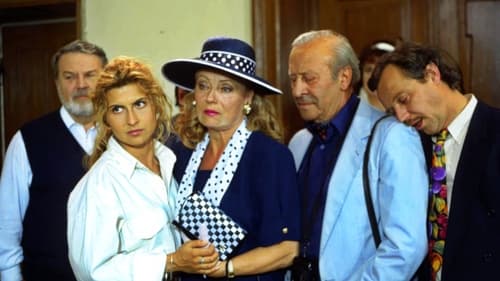
Zosia, była żona "Dzidziusia"
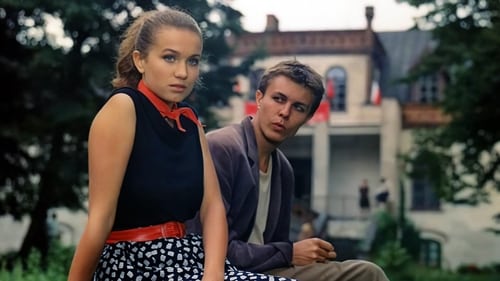
Matka "Admirała"

Majewska, sąsiadka Łucji
Made in 1982, shelved for five years. Story opens with Lucja Krol's husband under the tram. She gives birth to her fourth son on the floor of their new apartment. Neighbor Wiktor, a communist intellectual, befriends the poverty-stricken family but is soon arrested and sent to jail. During the war Lucja narrowly escapes a Nazi roundup at the black market. Her sons hold ardent Communist meetings in their apartment, with her blessing. Lucja works hard, but without complaint. After the war, Klemens is inexplicably arrested, accused by the new regime of being a collaborator. Wiktor, now a high-ranking party member, trying to defend him, himself falls into disgrace. Klemens is tortured to "confess" and dies in jail, a Communist to the end. Lucja is never told about his fate.
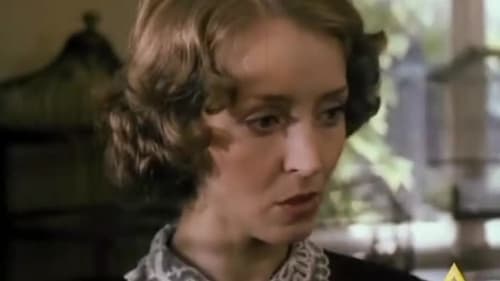
właścicielka kawiarni
In 1943, Ewa decides to take care of her Jewish neighbour's daughter and brings her home just for a few days. When the ghetto uprising begins, the woman keeps on looking after the little girl.

International Critics’ Week - Cannes Festival 1985

Lída
The Prague Grand Orchestra travels by train to a music festival in Yugoslavia. Only the singer Sona Klánová missed the departure. In the meantime, she managed to buy a ticket to Belgrade at the air-terminal from Mrs Navrátilová, who couldn't make the trip. In the meantime, the orchestra conductor is beside himself with despair. He phoned to Prague from the border, and when he realized that Sona had left her house in a taxi, he thought that she would catch up with them by the road. The orchestra delayed the train's departure with an improvised concert for the custom officers and the passengers.
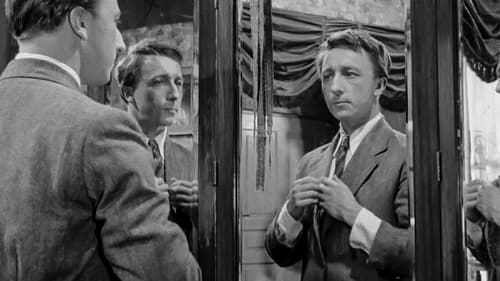
Zosia Jelonka
To convince the prison warden against releasing him, a middle-aged Polish man recounts his life, one he considers to have been characterized by exceptionally bad luck.
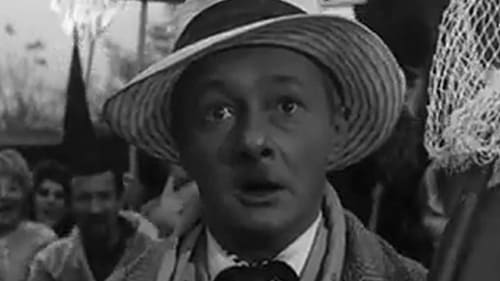
Basia

Irena Stepowska

Ela, Agnieszka's friend
Zbigniew Cybulski and Sonja Ziemann play lovers struggling to find happiness and privacy in overcrowded Warsaw. The movie shows an honest picture of life in a war-damaged city, contrasting the characters' difficulties with their dreams of a better life. It was banned in Poland in 1958 and would not been seen anywhere until its European release one year later.

Zosia (segment "Scherzo alla Polacca")
Tells two tales set during WWII: A seemingly feckless and selfish finally takes up arms in the national struggle against the Nazis. Set in a POW camp, Polish inmates cling to their hopes for an eventual escape, encouraged by the legendary escape of one of their own.

Baska

Sawa
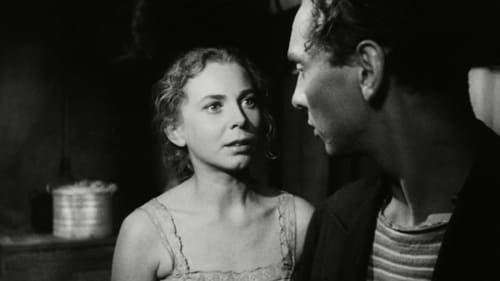
Stefan's Friend
A man has been found dead after having been hurled from a train. As security agents, police and a medical examiner piece together his identity, three accounts emerge: one set during World War II, one in the immediate aftermath of the war, and one in contemporary Poland.

Schmidt's bride
The fate of a German found by the French peasants - a deserter from the Legion of Foreign Affairs fighting in Vietnam.






